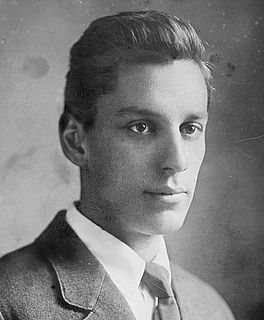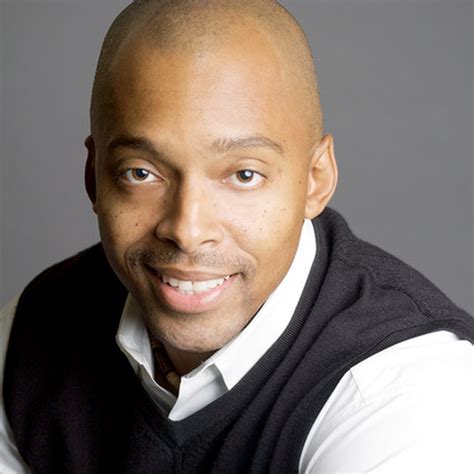A Quote by Edward Bulwer-Lytton, 1st Baron Lytton
Happy indeed the poet of whom, like Orpheus, nothing is known but an immortal name! Happy next, perhaps, the poet of whom, like Homer, nothing is known but the immortal works. The more the merely human part of the poet remains a mystery, the more willing is the reverence given to his divine mission.
Related Quotes
One of the appeals of William Carlos Williams to me is that he was many different kinds of poet. He tried out many different forms in his own way of, more or less, formlessness. He was also a poet who could be - he was a love poet, he was a poet of the natural order and he was also a political poet.
The poet or the revolutionary is there to articulate the necessity, but until the people themselves apprehend it, nothing can happen ... Perhaps it can't be done without the poet, but it certainly can't be done without the people. The poet and the people get on generally very badly, and yet they need each other. The poet knows it sooner than the people do. The people usually know it after the poet is dead; but that's all right. The point is to get your work done, and your work is to change the world.
That's a fairly Wordsworthian way to look at things! But yeah, actually - part of the poet's work, I think, is to maintain or reintroduce the imaginative capacity of their earlier self while nonetheless maturing. And I do think the more successful the poet is at this particular thing, the greater their achievement as a poet.
A poet dares to be just so clear and no clearer; he approaches lucid ground warily, like a mariner who is determined not to scrape his bottom on anything solid. A poet's pleasure is to withhold a little of his meaning, to intensify by mystification. He unzips the veil from beauty, but does not remove it. A poet utterly clear is a trifle glaring.




































